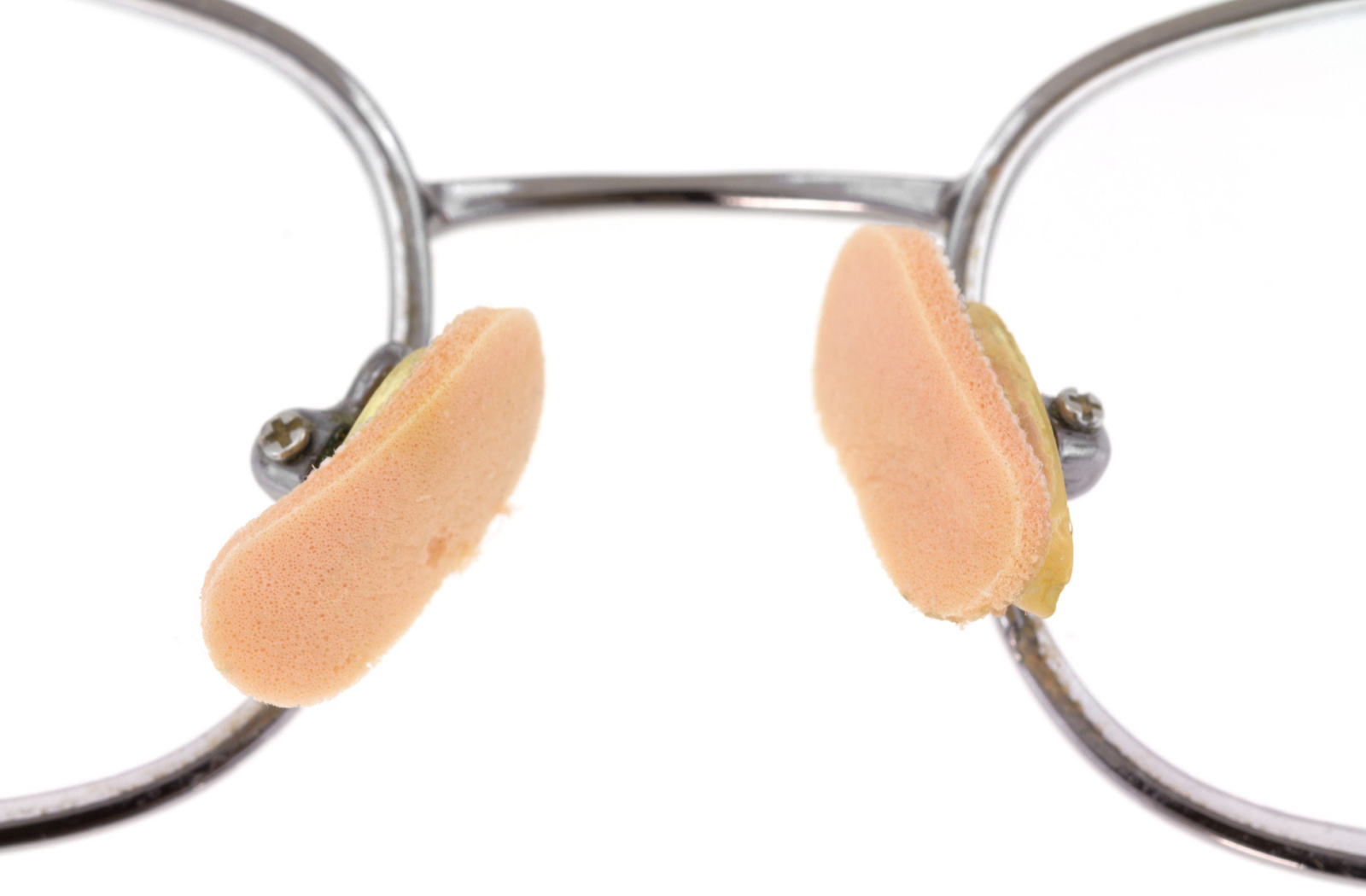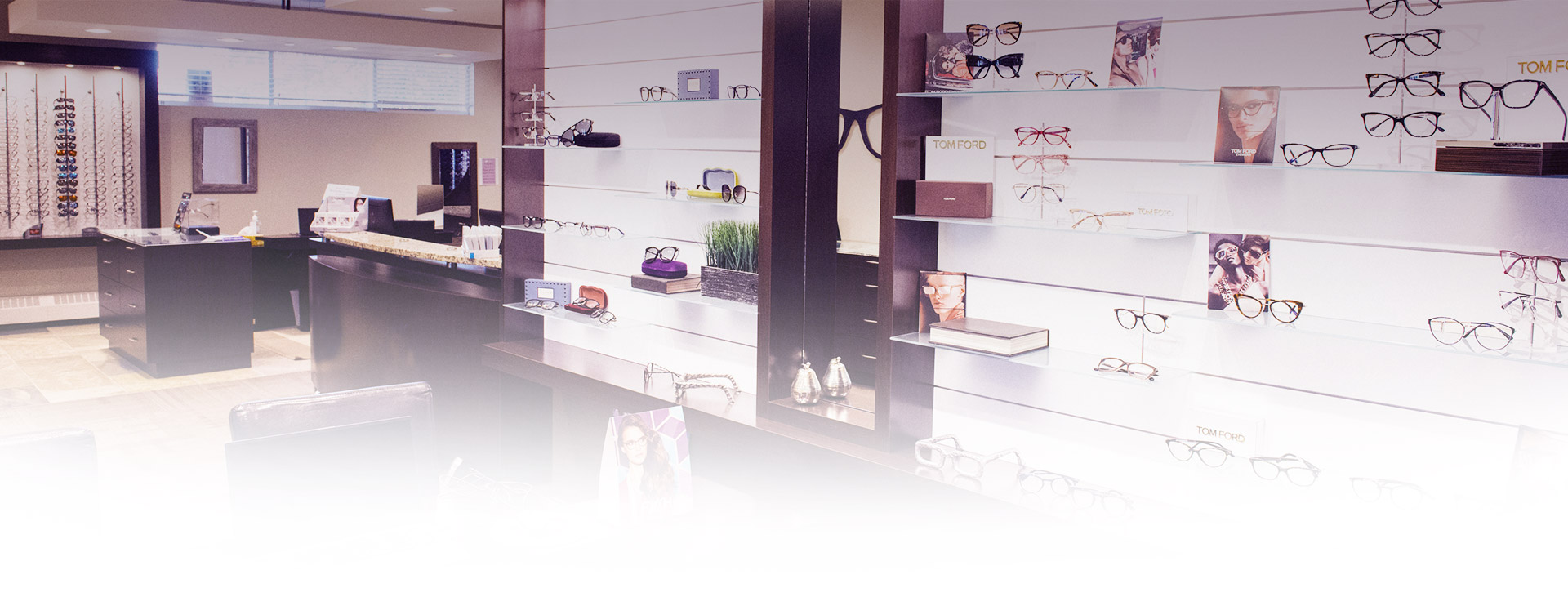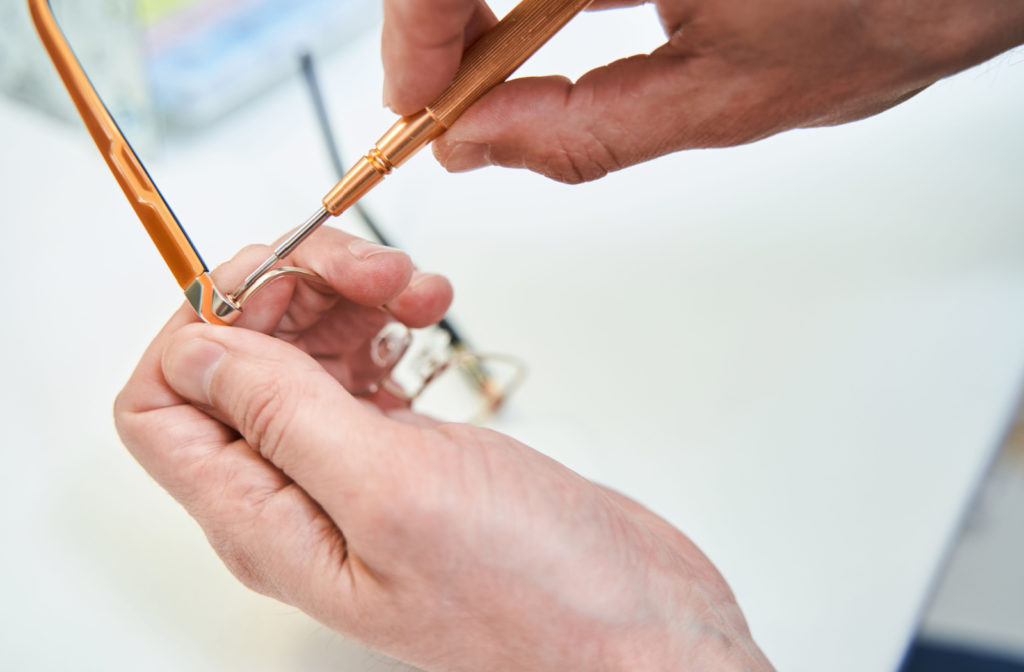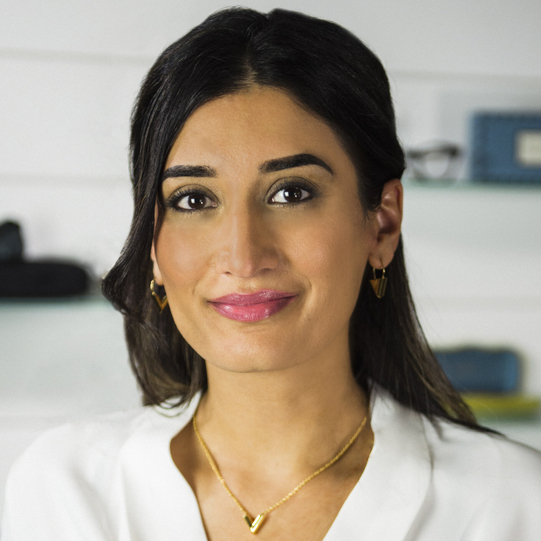Glasses can be a great way to help improve your vision, but they need to fit well to provide long-lasting comfort. Ideally, your frames weren’t a grab-and-go selection—they should sit comfortably on your nose and around your ears. If they don’t, you’re likely pushing your glasses back up your nose multiple times a day.
There are many ways to stop your glasses from sliding down, including adjustments to the nose pad, adhesive nose pads, and tightening the temples of your glasses. However, visiting your optometrist can help—they can readjust or fit you with a new pair of comfortable glasses.
The right pair of glasses can make a world of difference.
Keep Your Glasses From Slipping
If you wear glasses, you may know the struggle of constantly pushing them back up your nose. It’s an annoying experience that can also be a safety hazard if they slip too far.
Don’t let pesky slipping glasses ruin your day—try these tips to help keep them comfortably in place:
- Adjust the nose pads: Most glasses have adjustable nose pads that can be moved closer together or further apart.
- Use adhesive nose pads: If you have plastic frames with no nose pads, stick adhesive pads onto your glasses to provide extra grip.
- Try tightening the temples: Adjust the temples (the arms that go over your ears) or get them adjusted by an optician.
However, it is always best to check in with your optometrist before making any adjustments yourself to make sure you do not damage your frames or lenses. While these tips can help your glasses sit more securely, well-fitted glasses from your optometrist can provide comfortable vision where you don’t need to worry about them sliding down your nose.

Signs Your Glasses Don’t Fit Well
It can be hard to realize your glasses don’t fit well if you’re used to pushing them back up. However, poorly fitted glasses can be a long-term annoyance—you deserve clear, comfortable vision. Watching for the signs of poorly fitting glasses can help you know if you need another fitting.
Here are some possible signs you need a frame adjustment or new fitting:
- The frame slips off your face without much effort.
- You feel discomfort around your ears or nose.
- You have red marks on your nose from the frame’s bridge.
- Your glasses look or feel awkward and crooked when you wear them.
How Should Glasses Fit?
Wearing glasses can be a simple way to enhance your vision, but if they don’t fit properly, they can become irritating, distracting, and even painful.
The bridge of the glasses should sit comfortably on your nose, the frames should rest easily on your ears, and the lenses should be positioned correctly over your eyes.
Here are the main characteristics of well-fitting glasses—they should:
- Fit comfortably: One of the most important aspects of well-fitting glasses is comfort. You should enjoy wearing your glasses and find they fit comfortably. Glasses that are too tight can lead to headaches.
- Sit well on your nose: Your nose helps keep your glasses on your face, so they must sit right. The nose pads on your glasses should be well-balanced, not too tight or loose. An optician can help adjust your glasses to rest on your nose without sliding off.
- Wrap around your ears: Poorly fitted glasses may pinch around the ears and cause pain. The earpieces should wrap around the ears without being too tight.
- Be positioned well over your eyes: The centre of your lenses should sit above your pupils and have adequate distance between them. If the lens sits too close, it can lead to discomfort. Lenses that are too far away can lead to blurry vision.
Your optometrist’s office can help with the entire fitting process. Your glasses fitting can take place during or after your regular eye exam.
What Can You Expect During a Glasses Fitting?
The glasses fitting process begins during your eye exam, where your optometrist will examine your eyes to determine what kind of lenses you may need. Then, an optician may help you pick out frames that suit your face and style preferences.
Once you’ve decided, you will receive several measurements to make sure that the glasses fit properly and sit comfortably on your face. Your optometrist’s team may also make some adjustments to the frames to make sure everything lines up.
This fitting is typically one of the last parts of your exam. Your optometrist will first check that your prescription hasn’t changed and examine your eyes for signs of eye disease. The other parts of your eye exam can include:
- Visual acuity and depth perception tests
- Eye movement tests
- Refraction tests
- Glaucoma and visual field tests
- In-depth eye examination
Enjoy Clear & Comfortable Vision
Glasses can be essential for helping you see, but they should be comfortable, too. You don’t need to deal with constantly adjusting your glasses. Visit your eye doctor if your glasses keep sliding down your nose—they can help adjust your frames or fit you with a new pair of glasses.
Contact Visionary Eye Centre for all your glasses needs.



